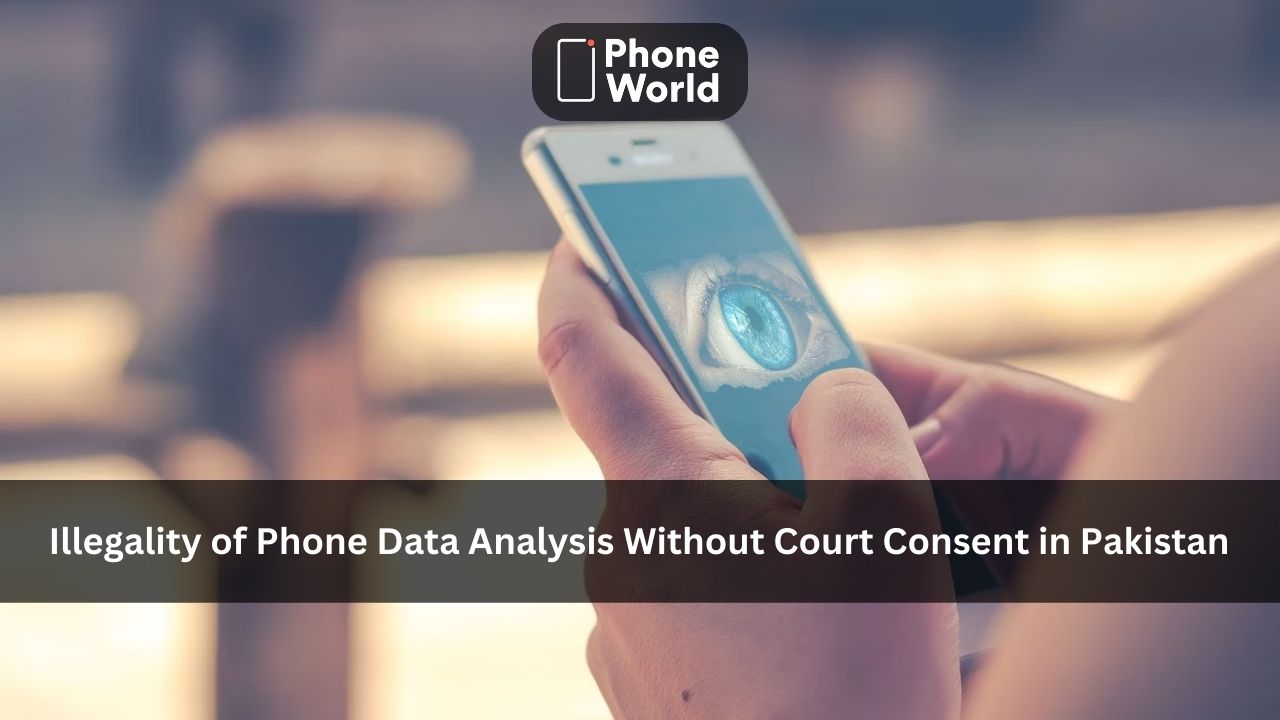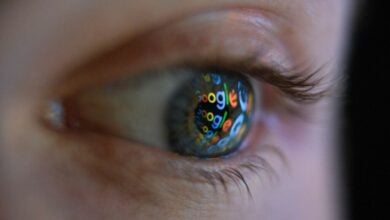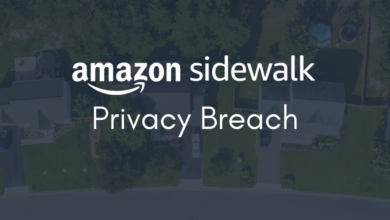Illegal Analysis of Phone Data Without Court Sanction: In-depth Analysis
Protecting Privacy in Pakistan: Illegality of Phone Data Analysis Without Court Sanction

“Extracting information from the personal phone of an accused during a criminal proceeding is a serious issue that prompted us to examine the law on the subject,” the judges stated in a ruling that allowed the appeal of a man convicted of promoting the agenda of a proscribed organization.
Justice Ali Baqar Najafi and Justice Muhammad Amjad Rafiq served as members of the bench in this case.
The decision, which was written by Justice Rafiq, highlighted that in this current day, people were literally living on their cell phones, communicating with close friends and family members, talking through audio or video calls, and sharing content and messages in both public and private settings. It stated that “therefore, our phone is comparable to or even greater than a home”.
According to the verdict, the people’s domestic and private relationships that they kept within the confines of their homes were legally protected by the Constitution. This protection extends to all types of relationships.
“We know the human inclinations have no limits; it expands to religion, Sufism, ideology, politics, art, culture, customs, traditions, literature, music, poetry, history, business, sports, etc.,” it said.
It stated that a person could be interested in anything, for which they explored books, websites, correspondence with academicians, etc., and that the pursuit of physiological comprehension was not prohibited by law.
According to them, the reason defied comprehension, institutionalized processes, and a global scheme of avenues, and it labored unless it was reconciled to an accepted concept of comprehension.
The judgment states that until a certain time if an individual desires to maintain confidentiality of any information stored in their cellular device, such information may only be accessed with their explicit consent or in accordance with legal provisions, as the privacy of one’s residence is subject to legal regulations.
It was decided that the right to privacy should take precedence over any other inconsistencies in domestic law because it is a fundamental constitutional right.
In the judgment, it was observed that the applicable law made it abundantly obvious that collecting data stored in an information system or seizing products holding such data required the intervention of a court in the form of either the issuing of a warrant or an intimation to the court after such a seizure within twenty-four hours. This was because the law stated that acquiring such data required the court’s approval.
“Therefore, when any mobile phone is recovered from a suspect and any data retrieval whereof from the said phone is essential for criminal investigation, it could only be obtained with the permission of the concerned court with strict regard to privacy rights guaranteed under the Constitution,” it said.
When the suspect was being arrested, the judges said that an order from the relevant magistrate was necessary in the event that the police wanted to extract information from the suspect’s mobile phone.
Following the suspect’s testimony, the magistrate could issue an order limiting the scope of the investigation to the examination and collection of information that is directly pertinent to the case at hand, while paying careful attention to the requirements of Article 14 of the Constitution.
The decision made notice of the fact that in the United States of America, every individual possessed the legal right to refuse a warrantless search of his or her mobile phone.
According to the judges, the legal system in Pakistan also identified the same principles of protection as the legal system in the United States. These judges also stated that such prohibitions and protections were included in Articles 9, 12, 13, 14, and 24 of the Constitution.
The panel of judges pointed out that Article 13(b) of the Constitution made it abundantly apparent that no one may be forced to testify against himself.
As a result of these findings, the bench agreed with Mr. Rehmatullah’s appeal and overturned the two-year sentence that had been handed down to him on three counts by a Gujranwala anti-terrorism court.
The prosecution’s decision to remove information or evidence from the appellant’s cell phone and transfer it to the Punjab Forensic Science Agency for study without following the correct legal procedures alarmed the court.
It was noted that collecting data from a suspect’s personal mobile phone without their knowledge was not a good practice as it went against the constitutional protection of the right to privacy.
Check Out: PTA Guidelines to Protect Your Privacy Online.
PTA Taxes Portal
Find PTA Taxes on All Phones on a Single Page using the PhoneWorld PTA Taxes Portal
Explore NowFollow us on Google News!





